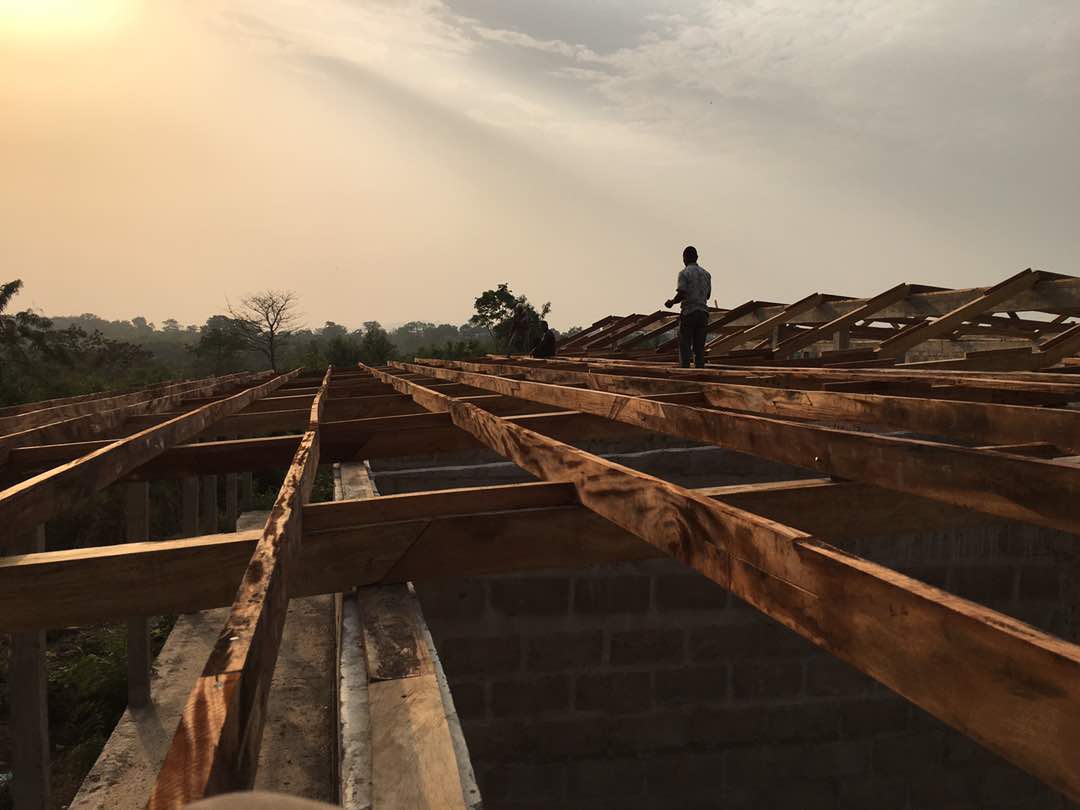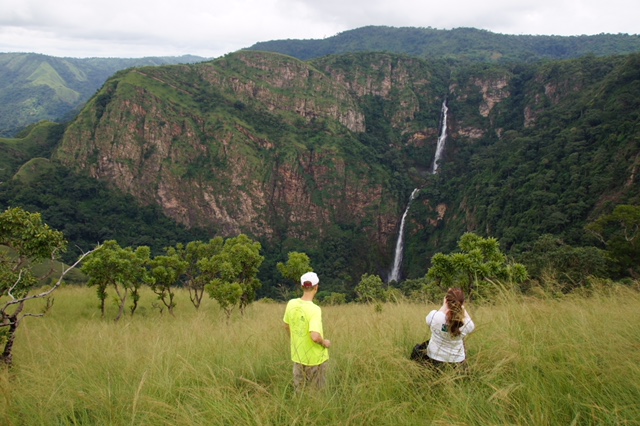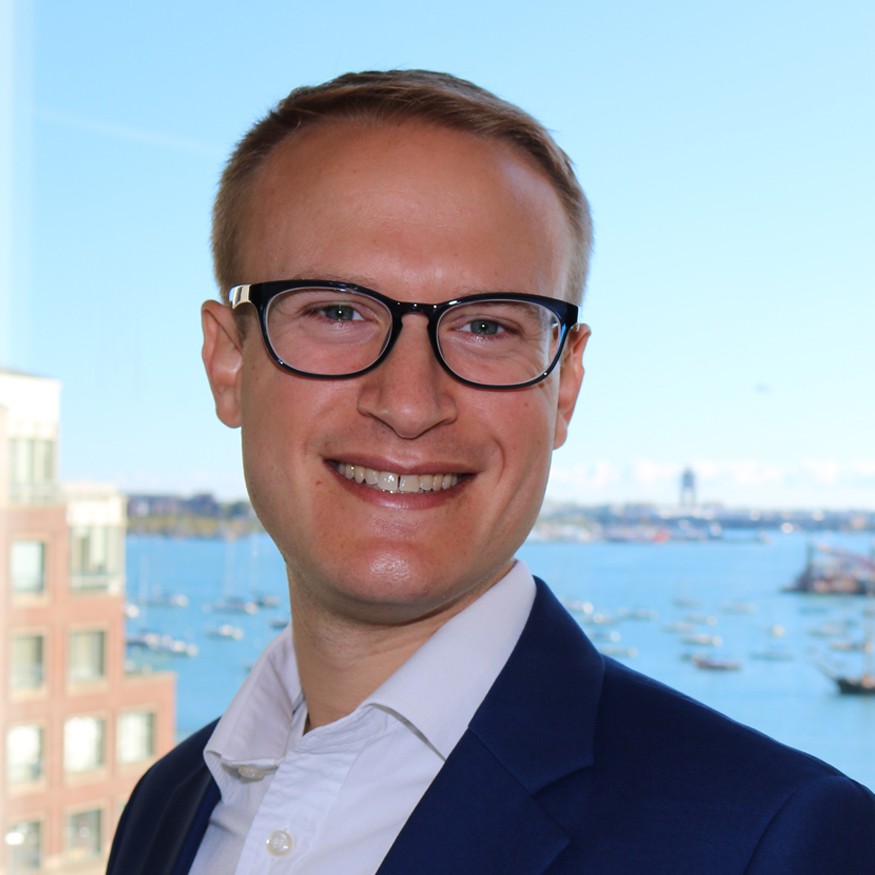Education has been a prominent part of the life of Ben Schwartz ’06, and now he’s hoping that it can play an important role for others. After graduating from Dartmouth magna cum laude, Ben earned an MBA from MIT Sloan School of Management and an MPA from Harvard Kennedy School of Government. Today he is a consultant at EY-Parthenon, where he has worked on education projects focused on pre-schools to ed-tech, alongside due diligences in technology and consumer goods. Schwartz also founded an international NGO that has served thousands of youth in East and West Africa. Today he works on My West Africa, a program that hosts international guests in Ghana and brings communities together to promote economic opportunity through relationships and learning.

Two years after graduation you founded an NGO in Ghana, World Partners in Education, designed to support teachers and education initiatives in low-income communities. What was the most valuable lesson you learned from this experience?
These experiences taught me many critical lessons. First, when you're navigating difference (including traveling or moving to a new place), rather than evaluate others, ask yourself why you do the things you do. I would often hear volunteers in less-privileged communities describe the people they served as "poor but happy," but I would encourage us to first ask ourselves, what does that mean about us if we have resources and are not notably happier? To put it another way, rather than judge others, take a moment to look and laugh at your own way of life.
Second, not to sound cliché or like a Nike ad, but just do it—take your life and move every day in the direction you want to be going. I recall hearing Nobel Peace Prize-winner Wangari Mathai speak at Dartmouth and to paraphrase her, "if you realize you're on the wrong bus and going in the wrong direction, you get off it and find a way to move in the direction you need to go. Do that with your life too." You could also use the expressions, "you only live once" or "you can't take it with you,” but fundamentally, if you care about something, don’t waste a single day not working towards it.
An example of this is when one of my foster sons didn't get his visa to attend college in the U.S., he said, “if I can't go to university, let's bring the university to us and our community in Ghana.” He wanted to study sustainable design and business in college—today he's building a 12,000-square-foot sustainable home to host students from around the world to learn about the people, culture, resources, and opportunities of West Africa—all for a price less than what it would cost to attend four years of school in the U.S.! He's worked with mentors in design, construction and business from the U.S., Canada, and Ghana, including students and faculty from MIT and Harvard. We're even starting a student/alumni travel program to make it a sustainable project.
There are plenty of reasons we can give ourselves to avoid moving in the direction we really want (family, friends, societal norms, setbacks), but if you surround yourself with people who share your values, it becomes much easier.
This brings me to my third major lesson. If you truly care about something, find a commitment device or way to put skin in the game. When I wanted to make a difference through education, starting an NGO was great, but that protected me from downside risks and lets us only enjoy the upside gains. By becoming a foster father to three sons in Ghana, it forced me to also take on the downside risk, to commit for the long term, and to understand the big picture. For international development work, “going native” has a negative connotation—but it is really about recognizing that communities have to live with the unintended side effects of our interventions. For example, most aid workers can just fly home when things get tough, like when Ebola hit West Africa, but most Ghanaians cannot. Most expats just left—but the people they claimed to serve remained with no options. These are real people and not just statistics and feel-good moments. You have to live with the good, the bad, and the ugly every day. Becoming a foster dad made me a better person, better educator, and better leader.
Was there an experience at Dartmouth that was particularly transformative for you?
My journey has really been a Dartmouth journey. Even our sustainable home/retreat center in Ghana is inspired by Moosilauke and first-year trips. It is built in the valley below one of the tallest mountains in Ghana, in the middle of a wildlife sanctuary, and it is where people will come together on a journey.
My Tucker Fellowship to Ghana over my junior winter leave term was especially formative. I worked in a community that would lead me to found World Partners in Education three years later. It is also where I met the three young people who would become my foster kids.
You’ve had a diverse career, ranging from the aforementioned NGO work and being an assistant director of admissions at Dartmouth to working in management consulting and strategy. What ties together these experiences for you?
Education. Through my NGO we focused on education quality. Through Dartmouth admissions, I focused on education access. And in consulting, where I work with our higher education team, I get to focus on education operations and strategy at the organizational level.


